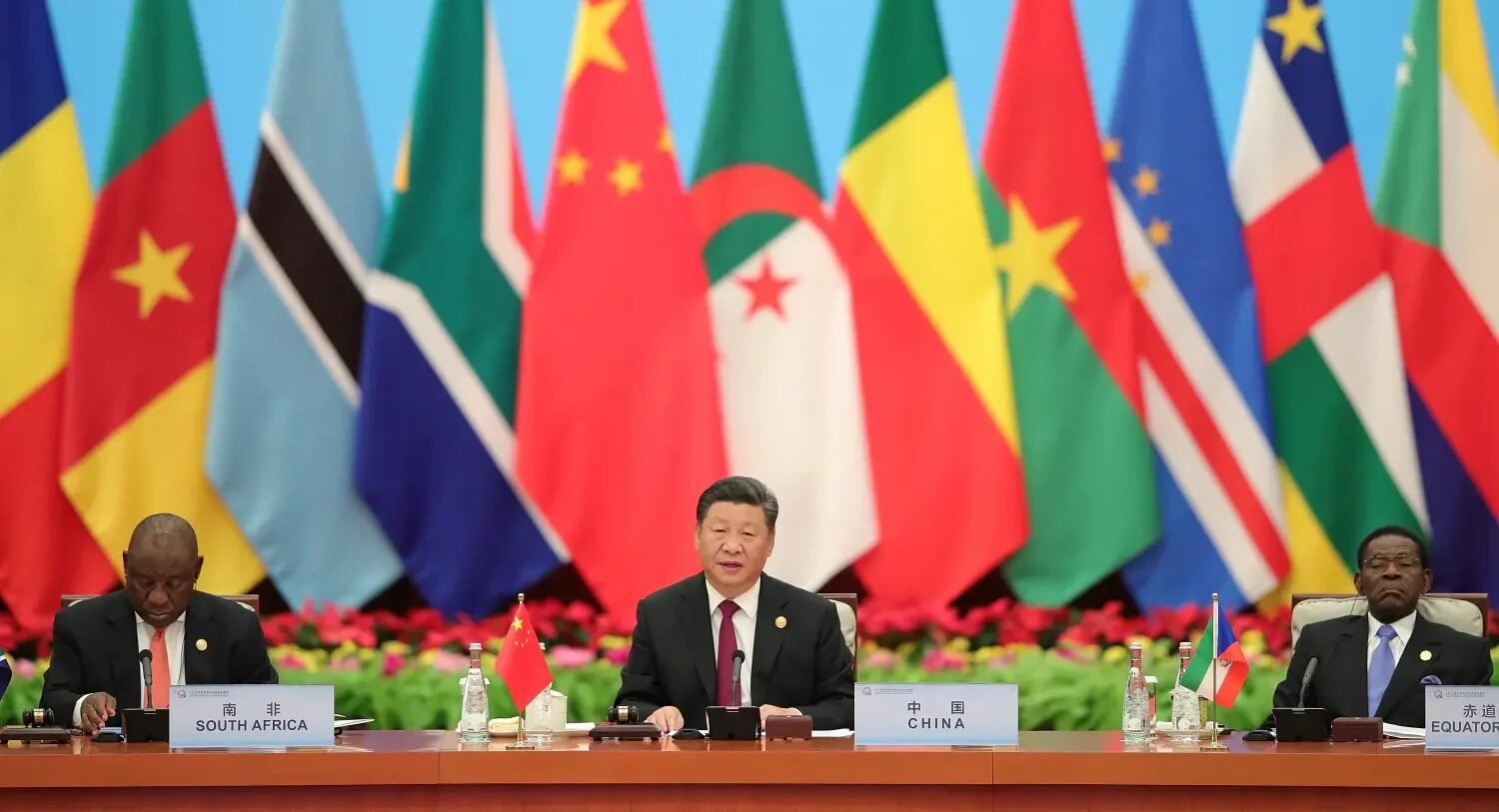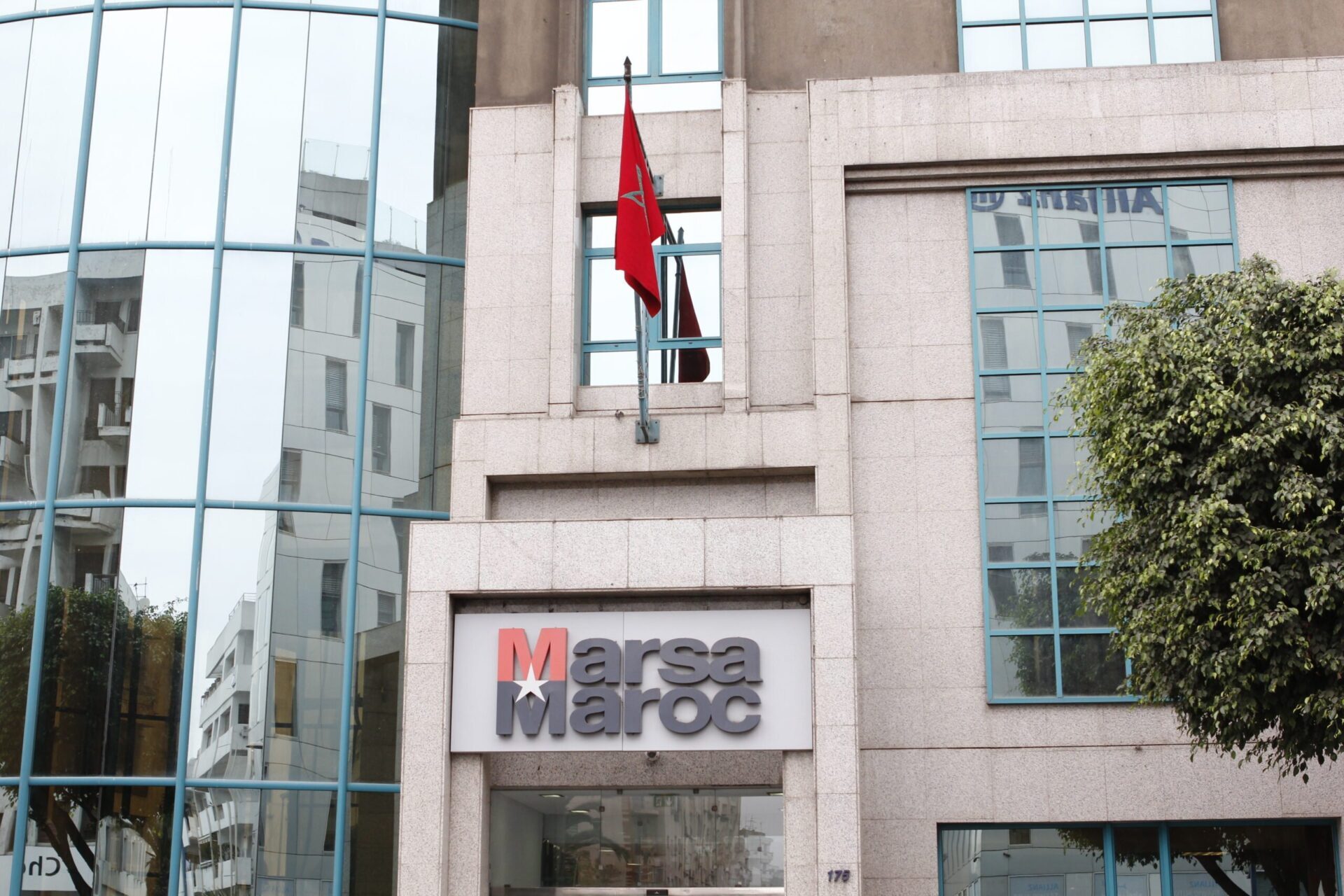
Thursday, 6th November 2025.

by inAfrika Newsroom
Hotel AI adoption is accelerating across Africa as major chains deploy tools for dynamic pricing, guest messaging and demand forecasting, industry officials said. Operators want faster decisions, leaner teams and higher direct bookings. Consequently, they now treat data pipelines and model accuracy as core assets.
Revenue teams increasingly use machine learning to reprice rooms in minutes when flights fill, events pop up or competitors move rates. Moreover, conversational assistants handle pre-arrival questions, sell add-ons and route complex cases to staff. Response times drop, and conversion on direct websites rises. Managers track the gains in dashboards rather than static spreadsheets.
Africa’s operators often leapfrog legacy software. Instead of monolithic suites, they plug best-in-class modules into property-management and distribution systems. Therefore, hotels can adopt new AI features without multi-year migrations. CIOs, however, warn that poor data hygiene—duplicate profiles, offline reconciliations and missing consent fields—can blunt results. Many now invest in ID resolution, consent management and audit trails so models learn from clean inputs.
Hotel AI adoption is also reshaping sales and marketing. Commercial teams test micro-offers tuned to season, segment and length of stay. In addition, marketers use creative-generation assistants to localize copy in French, Arabic and Swahili, then A/B test headlines on metasearch. Early pilots show lower acquisition costs when direct channels carry clearer value propositions and flexible policies.
Guest-facing innovation is advancing carefully. Several city properties trial digital ID, express check-in and smart-lock integrations to cut lobby queues after late flights. Meanwhile, call-center agents work with summarization tools that surface guest history and propose remedies before a supervisor steps in. Brands insist technology should remove friction, not people. They pair automation with service training to preserve identity and warmth.
Costs still matter. Cloud pricing, currency swings and usage-based contracts can erode ROI. Consequently, procurement teams demand transparent metering, exit clauses and on-prem failovers for critical workflows. Data-protection officers tighten playbooks that define which guest attributes models may use and how long hotels can retain them.
For owners, the business case rests on RevPAR, chargebacks and reviews. When models raise occupancy on shoulder nights, reduce disputes and lift ratings, projects move faster from pilot to scale. Furthermore, energy dashboards linked to occupancy forecasts help schedule laundry, kitchens and solar-battery cycles, which lowers utility bills.
Hotel AI adoption will not solve every problem. Safari and island resorts still face connectivity gaps and seasonality swings that algorithms cannot erase. Even so, pragmatic rollouts—clean data first, then targeted automation—are moving the needle across city and leisure circuits. If operators keep investing in people and pipelines, Africa’s hotels can grow profitably while personalizing service at scale.


